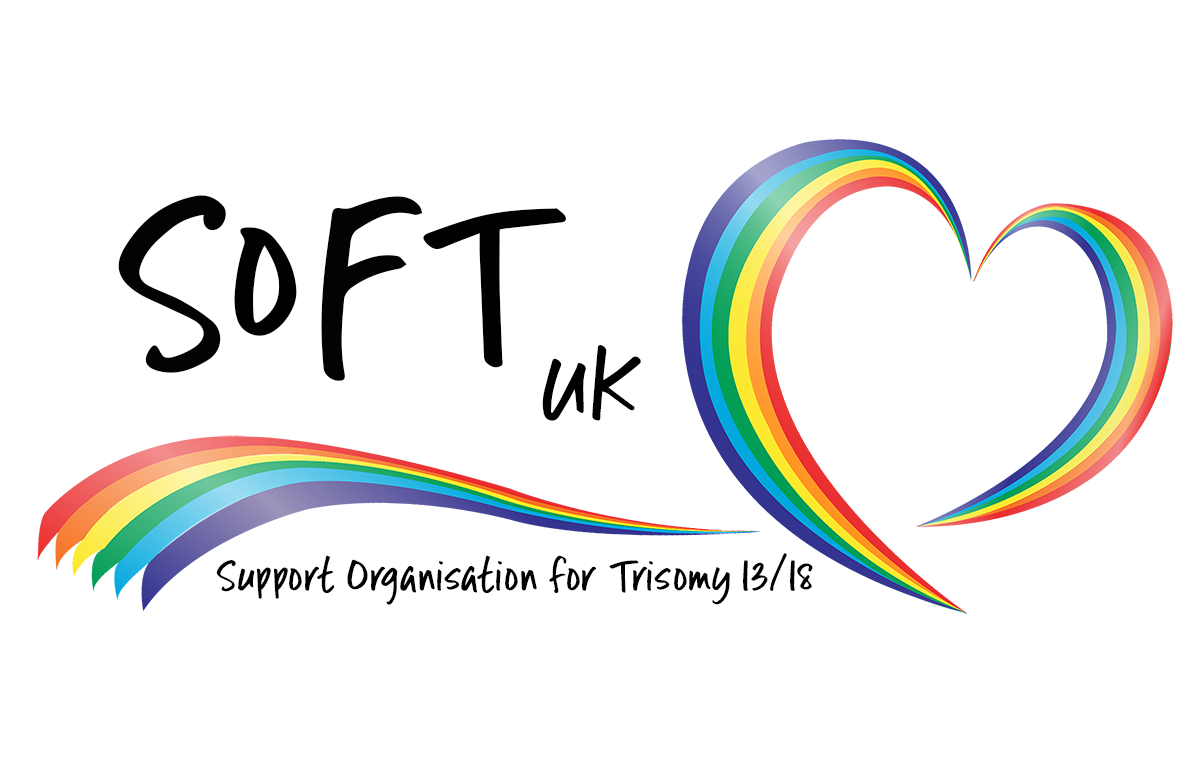The Department of Health UK Strategy for Rare Diseases (DHSSPS, 2020) estimates that rare diseases, including genetic conditions, affect the lives of over 3 million people in the UK. Of these, a significant proportion are children and young people with genetic life-limiting and life-threatening conditions including Trisomy 13 and Trisomy 18.
Family members are interdependent and therefore, anything that impacts on one person is likely to affect everyone in the family unit. Brothers and sisters may be particularly at risk because the focus of parental attention is understandably on the affected child or the memory of the child who has died.
The Research Approach
My research used a qualitative approach using semi-structured telephone interviews with adult siblings and parents. The aim was to explore the impact on the well-being of parents and brothers and sisters of a sibling with a genetic life-limiting or life-threatening condition in order to inform the development of SOFT UK work. A total of 10 adult siblings and 6 parents participated in interviews.
Findings
The way in which family members communicate with each other appears to be critical in determining how well individual family members adjust. When the impact of the diagnosis is acknowledged and adults express their thoughts and feelings, siblings feel able to do likewise. Notwithstanding the diagnosis of Trisomy has challenged parents who view their role as one of nurturing and protecting their children.
Interviews revealed how bereavement starts at the time of the baby’s diagnosis and parents and siblings grieve open-endedly, often for many years after the baby’s death. Family stability has been jeopardised and hopes for the future are shattered.
There is an overwhelming sense that when a child survives with Trisomy, families adjust to living with a child with complex needs. However, siblings who have an established a relationship with their brother or their sister experience intense grief when they die, and in many respects the way in which adult siblings experience grief, correlates with that of their parents.
Older male and female siblings view prospective parenthood with apprehension and parents acknowledge that their adult children may experience anxiety when they have their own families.
